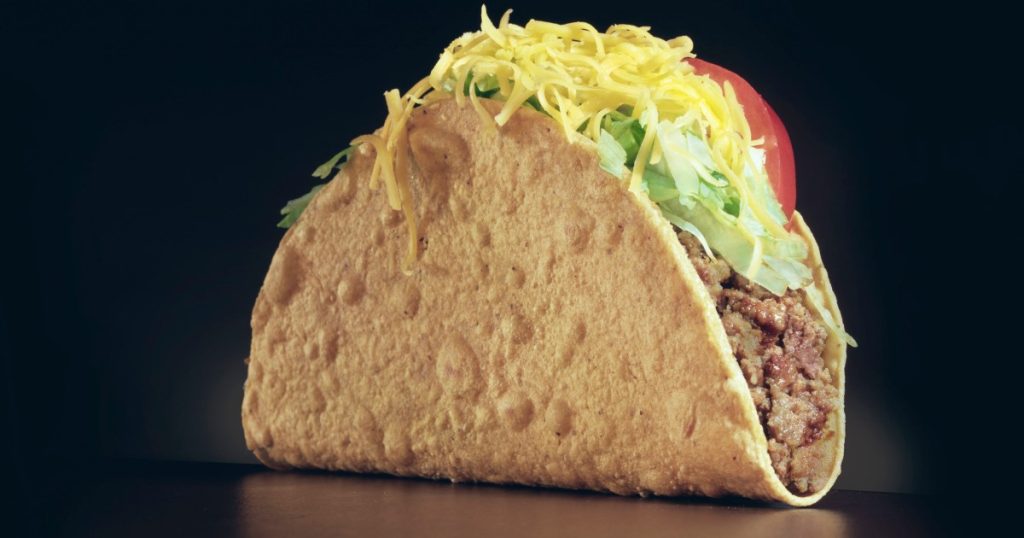In a surprising turn of events, a judge in Indiana recently ruled that tacos and burritos can be considered sandwiches. This ruling came about as part of a legal battle involving a developer’s plans to open a Mexican restaurant in Fort Wayne, Indiana. The developer, Martin Quintana, had faced opposition from the Allen County Planning Commission, who cited a written commitment that prohibited certain types of restaurants from opening at the location. However, after a lengthy legal process, Judge Craig Bobay ruled in favor of Quintana, stating that tacos and burritos could be classified as Mexican style sandwiches, and therefore did not violate the original agreement.
The dispute began in 2022 when Quintana announced plans to open his restaurant, “The Famous Taco Mexican Grill,” in a strip mall in Fort Wayne. The Allen County Planning Commission initially rejected his bid, citing the terms of a written commitment that only allowed for alcohol-free restaurants that did not have outdoor seating and only served “made-to-order or subway-style sandwiches.” This restriction was put in place to prevent certain national fast-food chains from opening at the strip mall. However, Judge Bobay ultimately decided that Quintana’s proposed restaurant fit within the parameters of the original agreement and allowed him to move forward with his plans.
The ruling that tacos and burritos could be considered sandwiches is a curious legal interpretation that has sparked debate among legal experts and food enthusiasts alike. While traditional sandwiches are typically made with bread, meat, cheese, and condiments, tacos and burritos are made with tortillas and a variety of fillings. Some argue that the definition of a sandwich is broad enough to include a wide range of food items that are enclosed or wrapped in some form of bread or dough, while others believe that tacos and burritos should be classified as their own distinct category of food.
The decision by Judge Bobay raises questions about the definition of a sandwich and the legal implications of classifying certain foods under this category. It also highlights the importance of clear and specific language in legal agreements and the potential consequences of vague or ambiguous terms. In this case, the judge’s ruling ultimately allowed Quintana to proceed with his restaurant plans, but it also prompted a broader conversation about the boundaries of what can be considered a sandwich and how food-related disputes are resolved in the legal system.
Overall, the ruling in Indiana that tacos and burritos can be considered sandwiches is a unique and unexpected development in the world of food and law. While the decision may have been specific to this particular case, it has sparked broader discussions about the definition of a sandwich and the implications of classifying certain foods under this category. It also serves as a reminder of the importance of clarity and specificity in legal agreements and the potential consequences of vague or ambiguous language. Whether or not tacos and burritos are officially recognized as sandwiches, this case provides an interesting glimpse into the intersection of food and the legal system.


